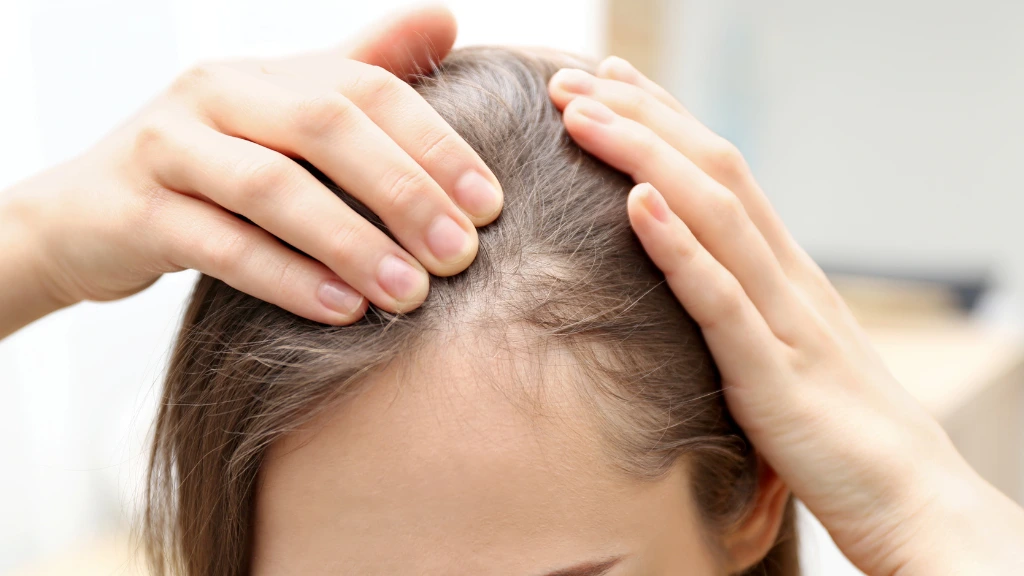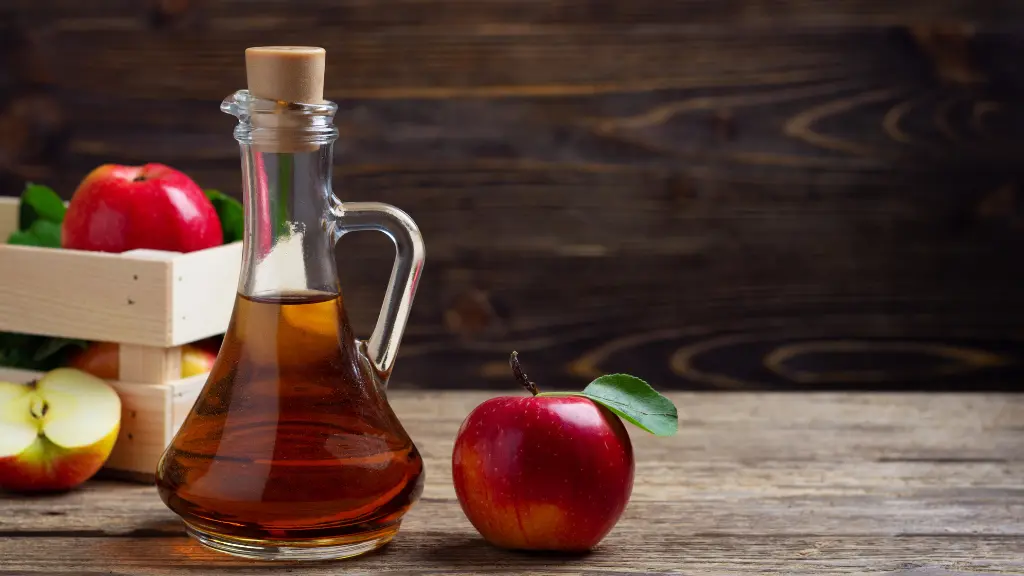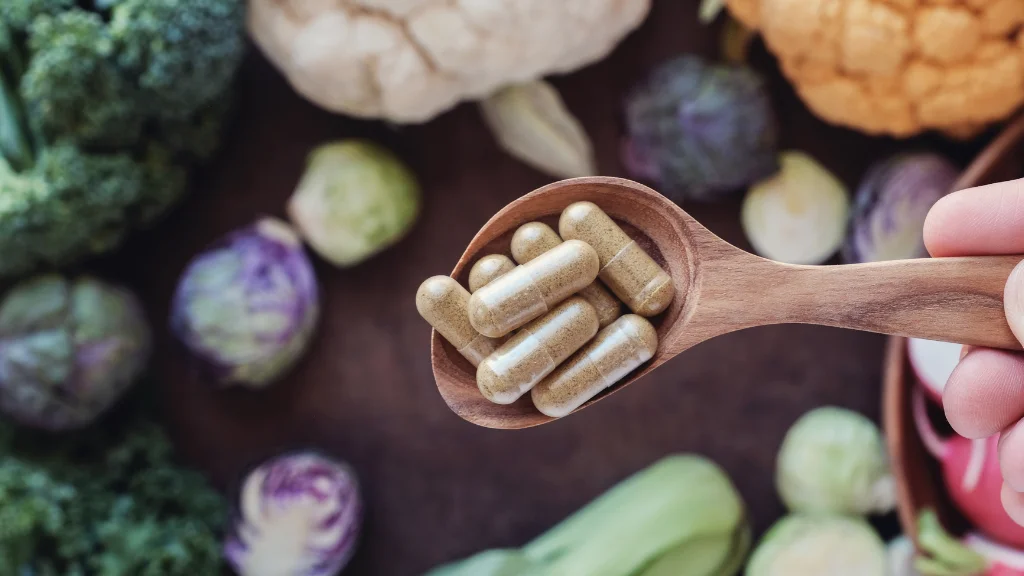Hair loss affects millions of people worldwide. It can be caused by genetics, stress, hormonal changes, or health conditions. However, an often-overlooked factor is nutrition.
Deficiencies in vitamins and minerals can directly impact hair growth and strength. Let’s explore how nutrients influence hair health and how to address potential gaps in your diet.
You May Also Like: The Best Time to Visit Taiwan
Why Nutrition Matters for Hair Health
Hair follicles are among the most active cells in your body. To grow strong and healthy hair, these follicles require a steady supply of nutrients. A lack of essential vitamins and minerals can weaken the hair structure, slow growth, and even lead to shedding.
Key nutrients for hair health include:
- Vitamins like A, C, D, E, and certain B vitamins (biotin).
- Minerals like iron, zinc, and selenium.
- Proteins and fatty acids.
The Role of Key Vitamins in Hair Health
1. Vitamin A
- Helps in producing sebum, an oily substance that moisturizes the scalp.
- A dry scalp and brittle hair are common signs of deficiency.
- Found in foods like sweet potatoes, carrots, and spinach.
2. Vitamin B Complex (Especially Biotin)
- Biotin is vital for keratin production, the protein that forms hair structure.
- A deficiency can lead to thinning hair and brittle strands.
- Rich sources include eggs, almonds, and whole grains.
3. Vitamin C
- Acts as an antioxidant, protecting hair follicles from damage.
- Enhances iron absorption, which is crucial for healthy hair.
- Found in citrus fruits, strawberries, and bell peppers.
4. Vitamin D
- Linked to the creation of new hair follicles.
- Low levels are often associated with alopecia (hair loss).
- Found in fatty fish, fortified dairy, and sunlight exposure.
5. Vitamin E
- Improves blood circulation to the scalp, supporting hair growth.
- Protects hair from oxidative stress caused by free radicals.
- Found in nuts, seeds, and avocado.
The Role of Essential Minerals
1. Iron
- Essential for red blood cells to carry oxygen to hair follicles.
- Iron deficiency, or anemia, is a common cause of hair loss.
- Found in red meat, lentils, and spinach.
2. Zinc
- Helps maintain oil glands and repair damaged hair tissue.
- A deficiency can lead to scalp issues and hair shedding.
- Found in oysters, beans, and pumpkin seeds.
3. Selenium
- Plays a role in combating oxidative stress in the scalp.
- Found in Brazil nuts, eggs, and whole grains.
What Happens When Nutrients Are Lacking?
Hair Shedding
A lack of iron or biotin can lead to increased hair fall. Hair strands become weak and more prone to breaking.
Slow Growth
Without sufficient nutrients, hair follicles may enter a resting phase. This slows down new hair growth.
Brittle Hair
Deficiencies in vitamins like A or E can make hair dry and lifeless.
Thinning Hair
Inadequate levels of zinc or vitamin D can lead to hair thinning, particularly at the crown or temple areas.
How to Address Hair Loss Through Nutrition
1. Eat a Balanced Diet
Incorporate a variety of fruits, vegetables, lean proteins, and whole grains.
2. Supplement When Necessary
- If blood tests show deficiencies, supplements can help.
- Common options include biotin, iron, and vitamin D.
- Always consult a doctor before starting supplements.
3. Stay Hydrated
Water is essential for transporting nutrients to hair follicles.
4. Avoid Crash Diets
Sudden calorie restrictions can shock your body, leading to temporary hair loss.
When Hair Loss Persists
Nutritional deficiencies are just one potential cause of hair loss. If improving your diet doesn’t help, consult a healthcare provider. Conditions like alopecia, hypothyroidism, or hormonal imbalances may be at play.
Lifestyle Tips for Healthier Hair
1. Reduce Stress
Chronic stress can disrupt the hair growth cycle. Try relaxation techniques like yoga or meditation.
2. Avoid Harsh Hair Treatments
Overuse of heat styling tools and chemical treatments can damage hair.
3. Use Gentle Hair Products
Choose shampoos and conditioners free of sulfates and parabens.
4. Maintain a Healthy Scalp
Exfoliate your scalp regularly to remove buildup and stimulate circulation.
Foods to Include for Hair Growth
Proteins:
Eggs, chicken, and tofu are excellent sources.
Omega-3 Fatty Acids:
Found in salmon, walnuts, and flaxseeds, these promote scalp health.
Antioxidants:
Berries, green tea, and dark chocolate help protect hair follicles from damage.
Final Thoughts
Vitamins and minerals are crucial for healthy hair. Deficiencies in nutrients like biotin, iron, and zinc can lead to hair loss, thinning, and other issues. However, a balanced diet rich in essential nutrients can support hair regrowth and strength.
If you’re experiencing hair loss, look at your diet first. Addressing potential deficiencies might be the simple solution you need for healthier, stronger hair.










